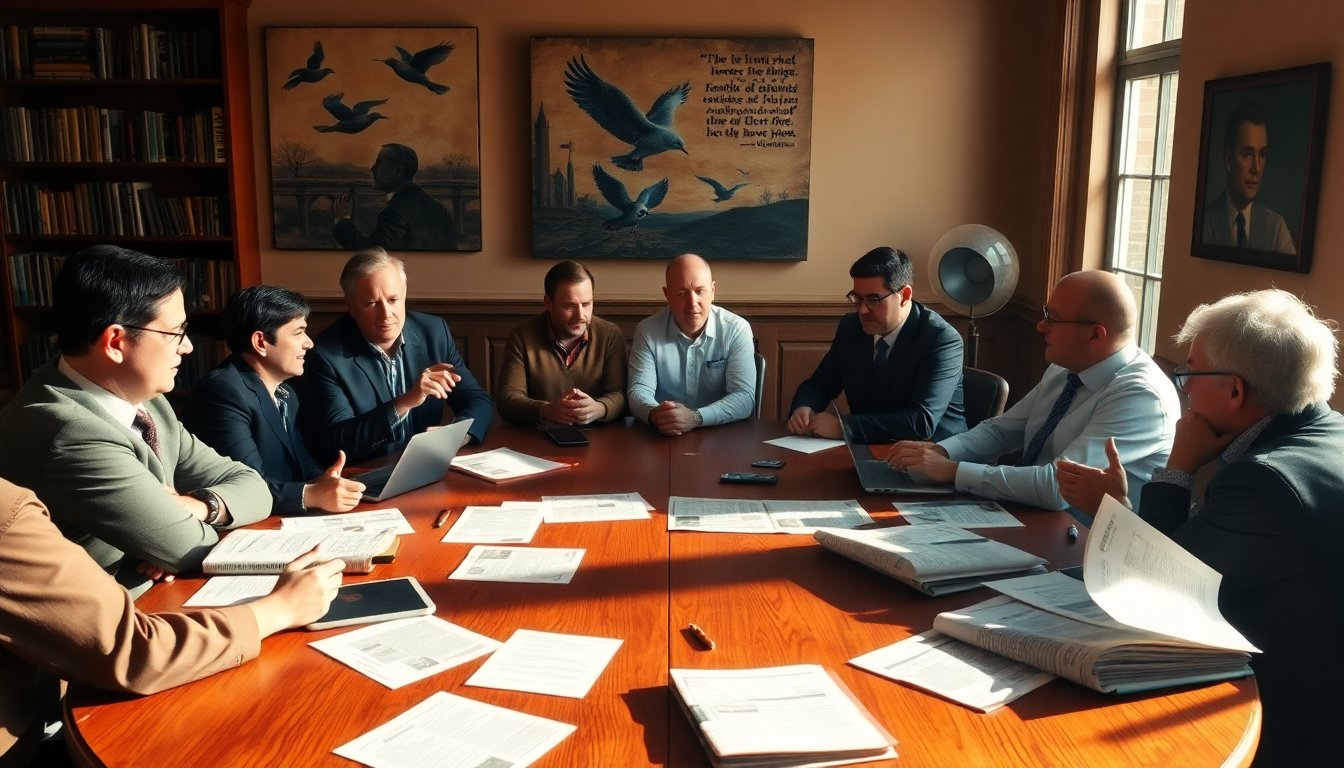Table of Contents
Jimmy Kimmel’s Suspension: A Matter of Humor and Free Speech
The entertainment industry is currently focused on Jimmy Kimmel’s suspension from ABC. This incident prompts important discussions regarding the relationship between humor, politics, and the implications for free speech in today’s media landscape. Kimmel’s remarks, following a tragic event involving conservative commentator Charlie Kirk, have ignited controversy and debate. Influential figures from various political backgrounds are now weighing in on this matter.
The Context of Kimmel’s Suspension
Recently, on his late-night show, Jimmy Kimmel criticized the so-called “MAGA gang” for trying to label Tyler Robinson, the suspect in the assassination of Kirk, as a leftist. Kimmel’s comments sparked significant backlash, resulting in his suspension by ABC, the network that broadcasts his program. This decision has garnered attention from various commentators, including former ESPN CEO Bill Simmons, who voiced his concerns regarding the potential impact on free speech.
Commentary on the Suspension
Brian Simmons, a long-time acquaintance of Jimmy Kimmel, characterized the network’s actions as a form of censorship rather than simply cancel culture. He pointed out that while censorship may be more prevalent in politically charged environments, talented individuals like Kimmel will ultimately discover ways to express their views, despite platform restrictions. “If Kimmel’s show were to conclude, I am confident he would adapt and explore new avenues for self-expression,” Simmons stated.
Amid this controversy, FCC Chairman Brendan Carr has called on Disney, the parent company of ABC, to confront the escalating situation. He implied that political pressures may be influencing corporate decisions. Reports indicate that ABC executives have expressed concerns about possible backlash from the Trump administration, particularly following Kimmel’s critical remarks.
The Broader Implications for Media and Free Speech
The ongoing situation raises important questions about the media’s role in shaping public discourse. Kimmel’s suspension may indicate a wider trend of media censorship, as networks adopt a more cautious approach to content, especially regarding politically sensitive topics. This heightened caution can hinder open dialogue and restrict the variety of viewpoints available to audiences.
Reactions from Different Sectors
The response to Jimmy Kimmel’s suspension has drawn mixed reactions. Some individuals defend his right to free speech, while others emphasize the importance of accountability in public discourse. Former ESPN and MSNBC host Keith Olbermann notably criticized current ESPN commentator Stephen A. Smith for his comments regarding Kimmel. Olbermann accused Smith of adopting right-wing views, complicating the ongoing debate surrounding Kimmel’s situation.
Kimmel’s remarks came in the wake of the tragic death of Charlie Kirk, who was fatally shot while attending an event. Kirk’s funeral is scheduled for September, and the conservative community has responded with heartfelt tributes, highlighting his significant impact on political dialogue among young people.
The Future of Late-Night Comedy and Political Commentary
The recent suspension of late-night host Jimmy Kimmel has sparked widespread debate about the future of comedy and political commentary. Increased scrutiny on comedians and their material raises questions about the balance between humor and political correctness. Kimmel’s case illustrates the challenges comedians face in navigating a complex social and political landscape.
This situation serves as a litmus test for the state of free speech in America. As society grapples with political sensitivity and the freedom to express controversial ideas, the media plays a crucial role. It must foster an environment where diverse opinions can be shared without fear of retribution.
In summary, the implications of Kimmel’s suspension extend beyond an individual incident. They touch on fundamental issues surrounding freedom of expression in media discourse. As this debate unfolds, it is vital to uphold the values that support public dialogue, ensuring that the freedom to speak—and to laugh—remains protected.


